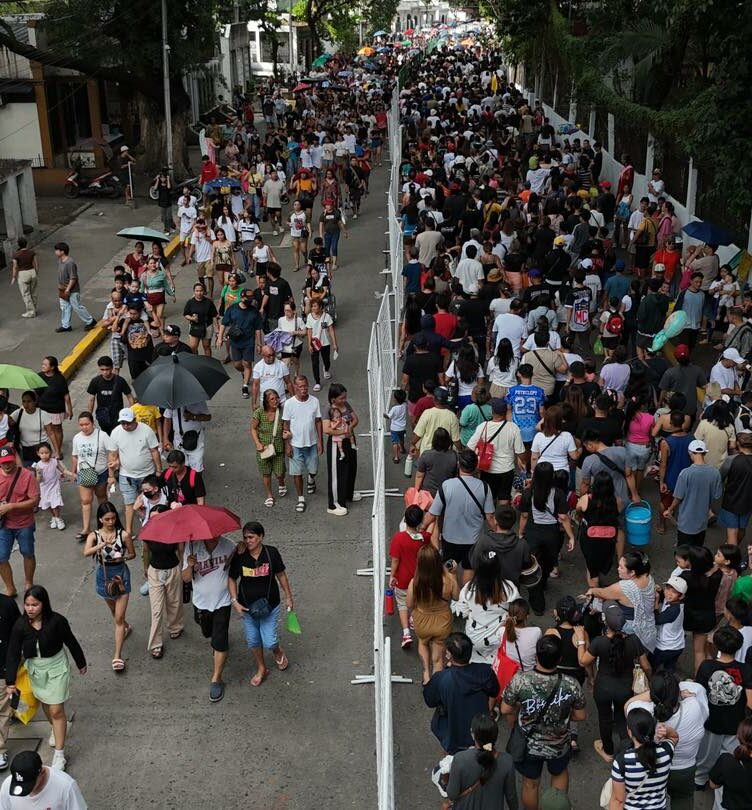FEELING a little emotional lately?
Filipinos are the most emotional people in the world, according to a recent Gallup Global survey that ranked countries based on how often their citizens experience a wide range of daily emotions.
According to Gallup, being “emotional” means frequently experiencing strong feelings—regardless of whether they are positive, like happiness, or negative, like frustration or anger.
They surveyed adults from over 100 countries. Their questions focused on whether respondents had experienced specific emotions—such as joy, sadness, anger, stress, or laughter—the previous day.
The Philippines ranked first, with 54% of respondents saying they experienced either positive or negative emotions the previous day—making them the most emotionally expressive population in the survey.
Some Filipino Gen Zs agreed with the findings, citing their experiences of working with foreigners against working with fellow Filipinos.
Julia Vendero, 25, a program assistant for a U.S.-based company, said she noticed how emotions tend to show up more often in Filipino work culture.
“I work full time in our company based in California and I’ve been here for 3 years already. I must say that working with Pinoys is more emotional that’s why it makes it hard to work with them compared to foreigners,” said Vendero.
“Working with foreigners is easier because emotions are not involved when you work with them.”
Vendero admitted that even she can be emotional in the way she approaches things because of her culture.
“As cliché as it may sound, it’s inevitable to make mistakes at work. I really take it to heart when I do wrong. I was really upset about it because I want to perform efficiently and accurately at work,” she shared.
But not all agree with Vendero’s sentiments.
“Hindi tayo emotional. Heavy language tayong mga Pilipino sa professionalism. Which is karamihan sa mga international clients ay walang professionalism,” said Tricia Rabino, 27.
Rabino works as an executive assistant who also deals with international clients like Americans and Jamaicans.
She believes that it’s a case-to-case basis— not all Filipinos are inherently emotional. She cited herself as proof of that.
“No. I’m not emotional. I don’t take everything personally but I have boundaries. Kapag VA ka, people come and go and everyone is replaceable,” she said.
Experts suggest that several factors may influence the emotional tendencies of Filipinos, including socio-economic conditions, close-knit family ties, and even climate.
Warmer, communal cultures like the Philippines often encourage open emotional expression, in contrast to colder, more individualistic societies where emotions may be more restrained.
Trailing the Philippines in the Gallup rankings are El Salvador, Bahrain, Oman, and Colombia.
Other countries that also ranked high in emotional expressiveness include Chile, Costa Rica, Canada, Guatemala, Bolivia, Ecuador, the Dominican Republic, Peru, Nicaragua, and the United States.
How useful was this post?
Click on a star to rate it!
Average rating 0 / 5. Vote count: 0
No votes so far! Be the first to rate this post.
We are sorry that this post was not useful for you!
Let us improve this post!
Tell us how we can improve this post?





